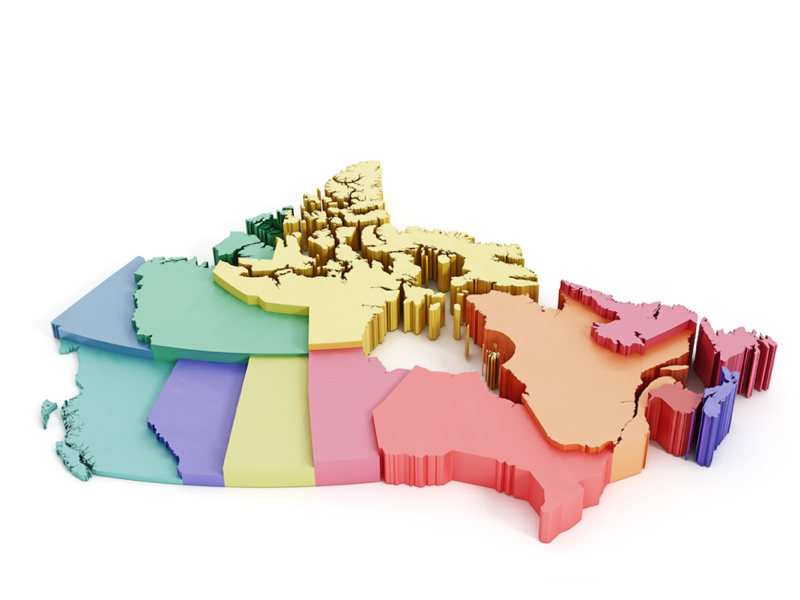
Provinces could unlock significant economic growth by unilaterally removing internal trade barriers — without waiting for nationwide agreement, or even province-to-province deals, according to Trevor Tombe, an economics professor at the University of Calgary.
“Most of the gains for most of the provinces can be achieved unilaterally… without any partner reciprocating,” Tombe said on Tuesday, speaking at a Macdonald-Laurier Institute online event.
For example, if Saskatchewan unilaterally lowered internal import costs by 10% without any reciprocation, it could grow its economy by 4.6%, whereas full liberalization would add an additional 2.2%.
Provinces not recognizing each other’s professional credentials is one of the major barriers to internal trade. While almost four-fifths (79%) of Canada’s international trade is in goods, 57% of our internal trade is in services.
Alberta took unilateral action in 2021 when it passed the Labour Mobility Act, which made it easier for skilled professionals like doctors and electricians to practice their trade in the province. Among other mandates, it requires regulatory bodies to decide on a labour mobility application within 20 business days.
However, self-interest from regulated industries could lead to resistance. Provincial credentialling bodies like to control the supply of professional services to push their incomes up, Tombe said. If provinces recognized each other’s credentials, it would weaken their power.
If governments can overcome resistance, they stand to reap increased tax revenue from higher provincial GDPs. And lower-income provinces stand to gain more from unilaterally removing trade barriers. The Maritimes provinces would see their GDP grow between 4.1% and 6.4%, compared to just 1.9% and 2.6% in Ontario and Quebec respectively.
“It raises the productivity and shrinks regional inequality,” Tombe said.